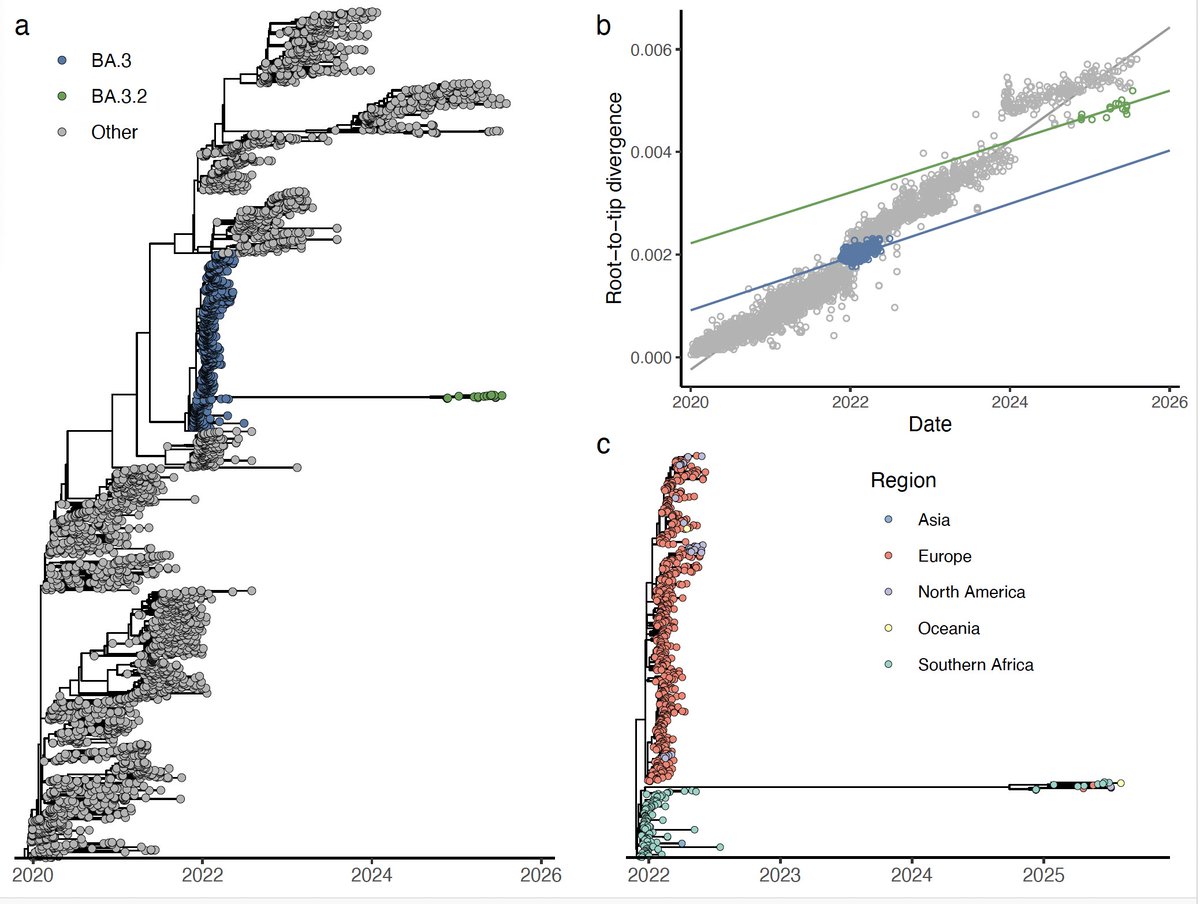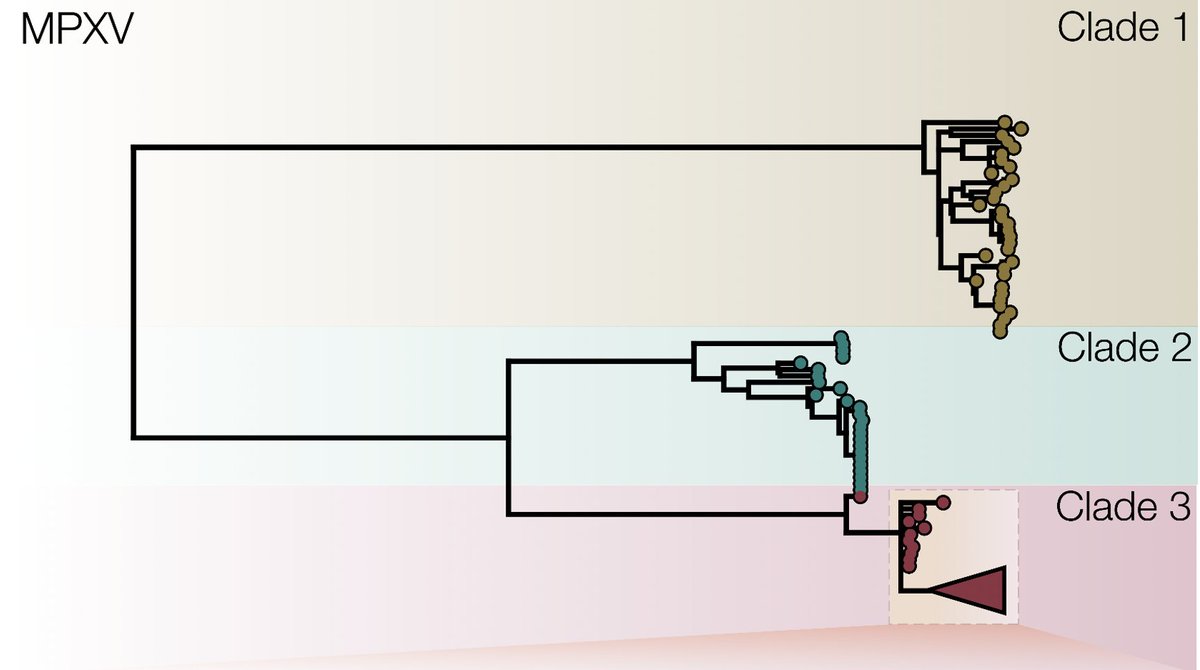
Professor of medical research leading global genomics surveillance. Director CERI and KRISP, SA and Deputy Director GSU, Sanger Institute, UK. Tweets my own.
6 subscribers
How to get URL link on X (Twitter) App








 Hospital beds in a ward dedicated to cholera patients at a government hospital in Lusaka. [Tsvangirayi Mukwazhi/AP Photo]Southern Africa’s latest outbreaks can be traced to the cyclones and floods that hit Malawi in late 2021 and early 2022, carrying the cholera bacteria to areas it does not normally reach.
Hospital beds in a ward dedicated to cholera patients at a government hospital in Lusaka. [Tsvangirayi Mukwazhi/AP Photo]Southern Africa’s latest outbreaks can be traced to the cyclones and floods that hit Malawi in late 2021 and early 2022, carrying the cholera bacteria to areas it does not normally reach.





https://twitter.com/ScienceMagazine/status/1598414246416629761First, the 'fishing' of intermediates in Africa should also have been performed in Europe and the USA, which were the regions of the world that introduced the majority of Omicron lineages to Africa - medrxiv.org/content/10.110…

 The Network for Genomics Surveillance in South Africa (NGS-SA) is alerted and has increased genomics surveillance. Our last genomes are less than 1 week old and show some increase of BQ.1 & BQ.1.1. We are current not concerned due to high population immunity and low infections.
The Network for Genomics Surveillance in South Africa (NGS-SA) is alerted and has increased genomics surveillance. Our last genomes are less than 1 week old and show some increase of BQ.1 & BQ.1.1. We are current not concerned due to high population immunity and low infections. 




 As the previous Omicron lineages BA.1, BA.2, BA.3, the BA.4 and BA.5 was identified close to the largest airport and main economic hub of South Africa, in Gauteng. Interesting, BA.5 went a large application event in Durban, the capital of KwaZulu-Natal and SA biggest harbour.
As the previous Omicron lineages BA.1, BA.2, BA.3, the BA.4 and BA.5 was identified close to the largest airport and main economic hub of South Africa, in Gauteng. Interesting, BA.5 went a large application event in Durban, the capital of KwaZulu-Natal and SA biggest harbour. 






 In the last weeks, we exchanged information with Portuguese colleagues, specially @borges__vitor who is doing a great job at Genomics Surveillance. Here, comparisons between South Africa & Portugal may help the world to understand more about the early spread of BA.4 & BA.5
In the last weeks, we exchanged information with Portuguese colleagues, specially @borges__vitor who is doing a great job at Genomics Surveillance. Here, comparisons between South Africa & Portugal may help the world to understand more about the early spread of BA.4 & BA.5